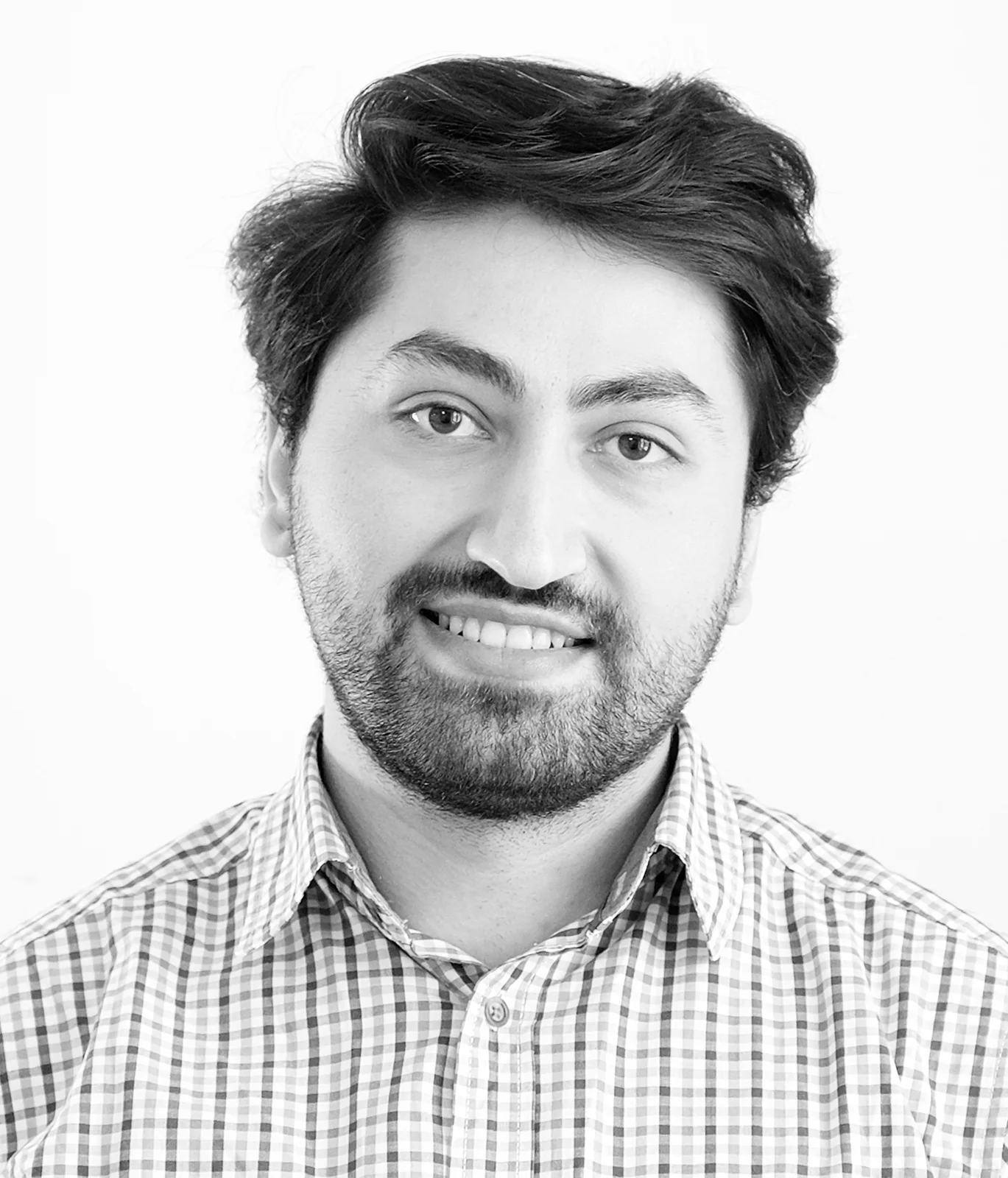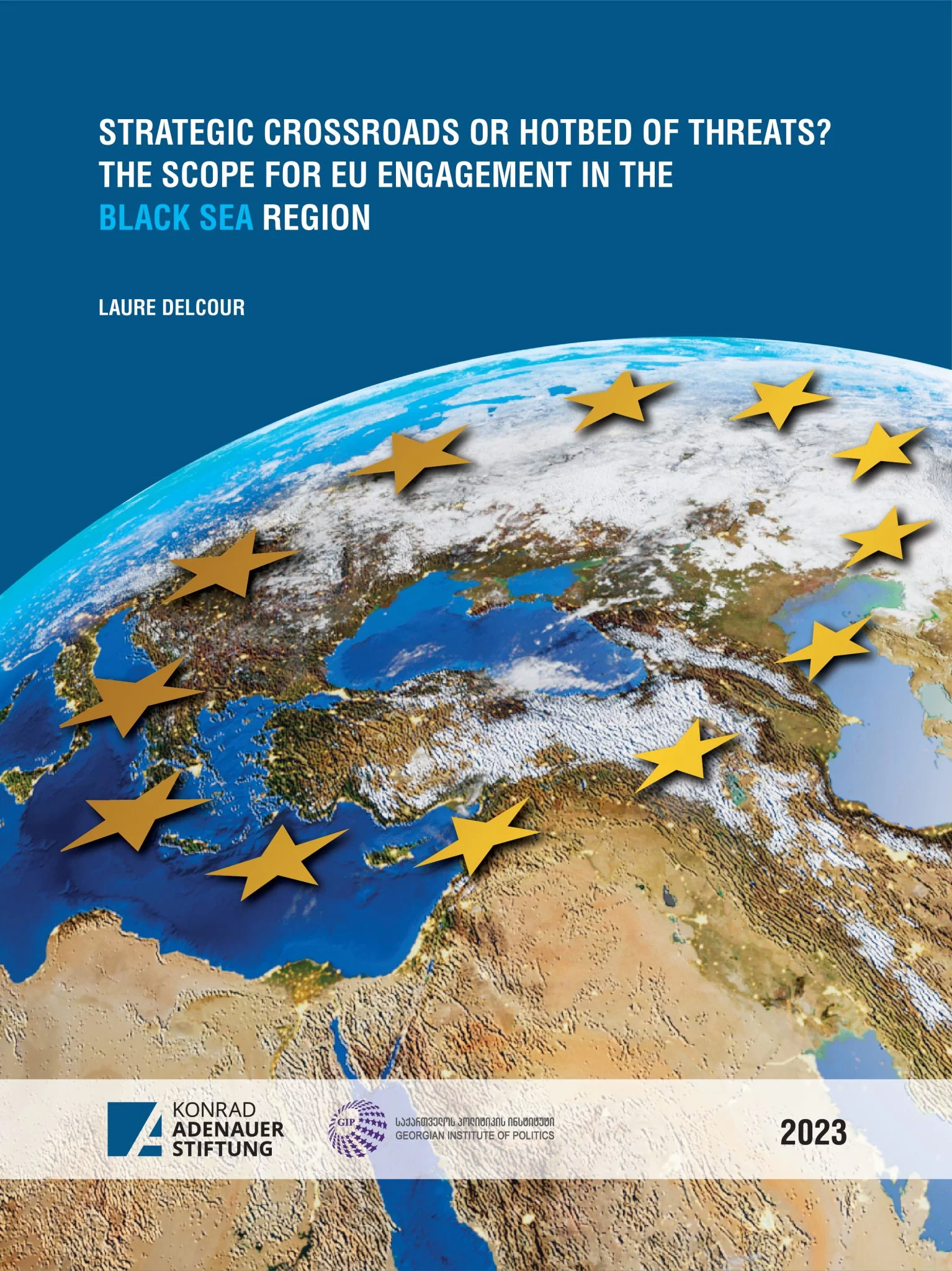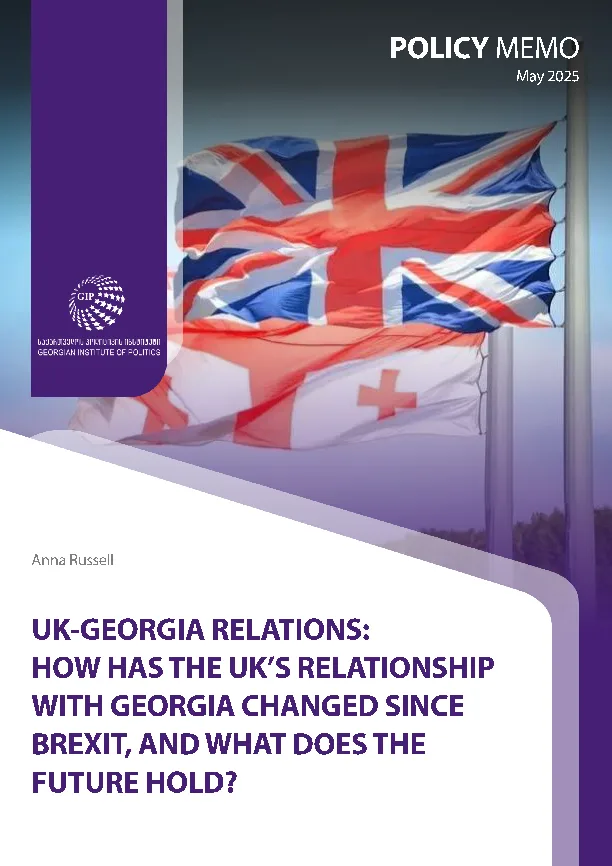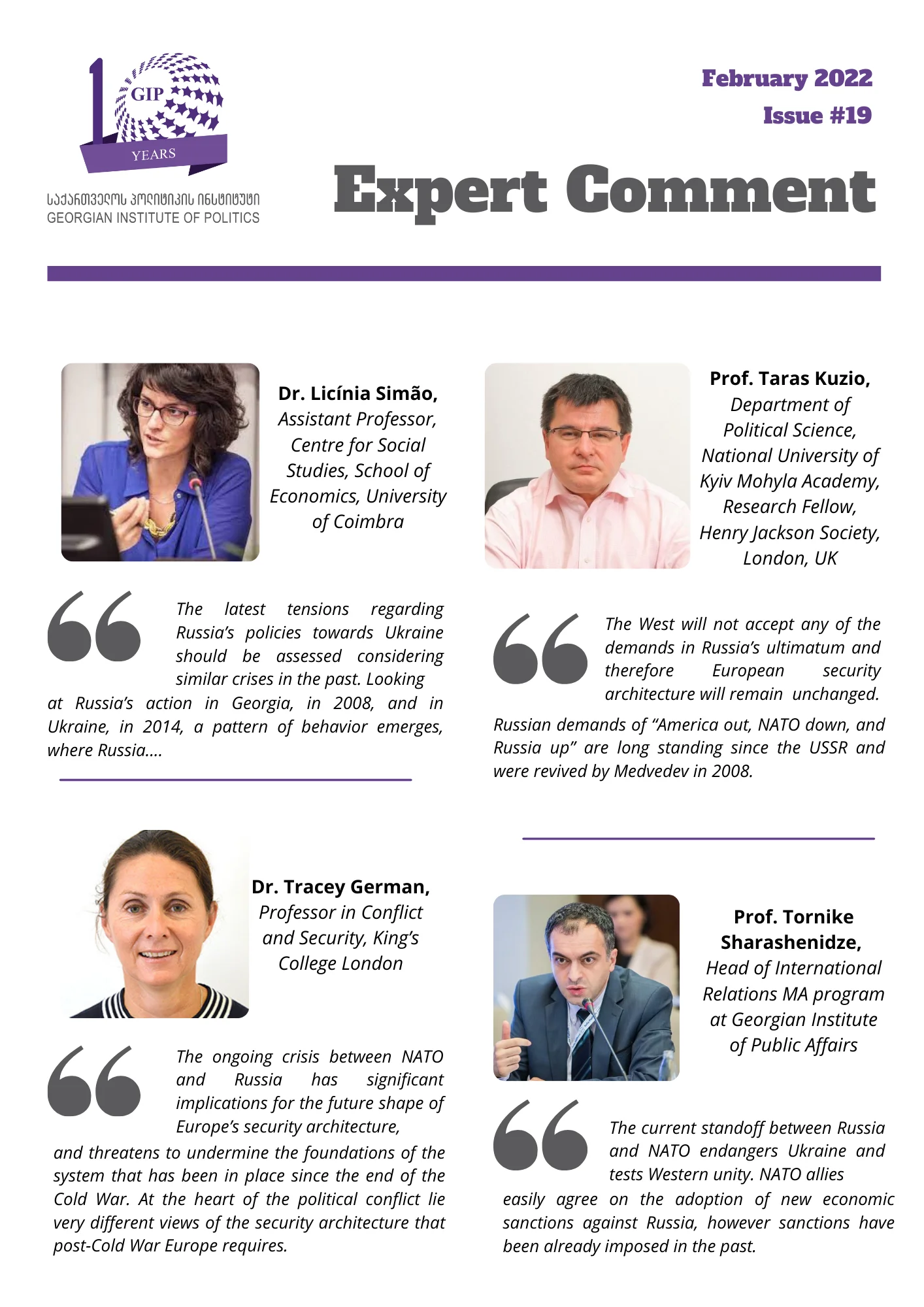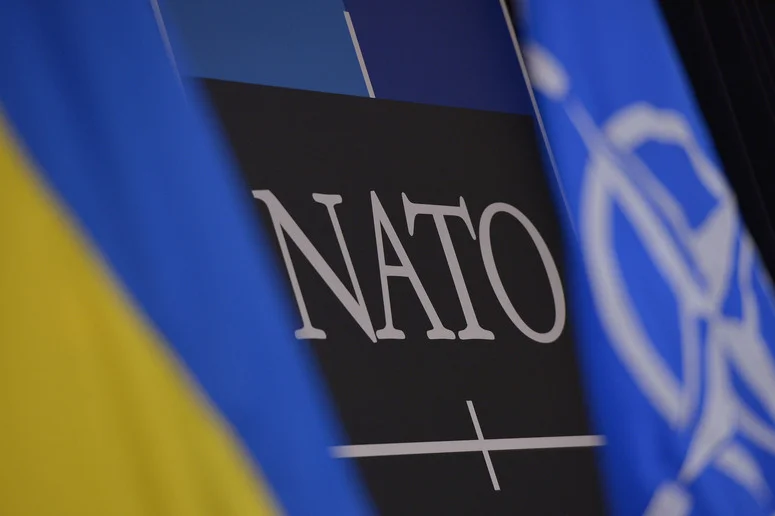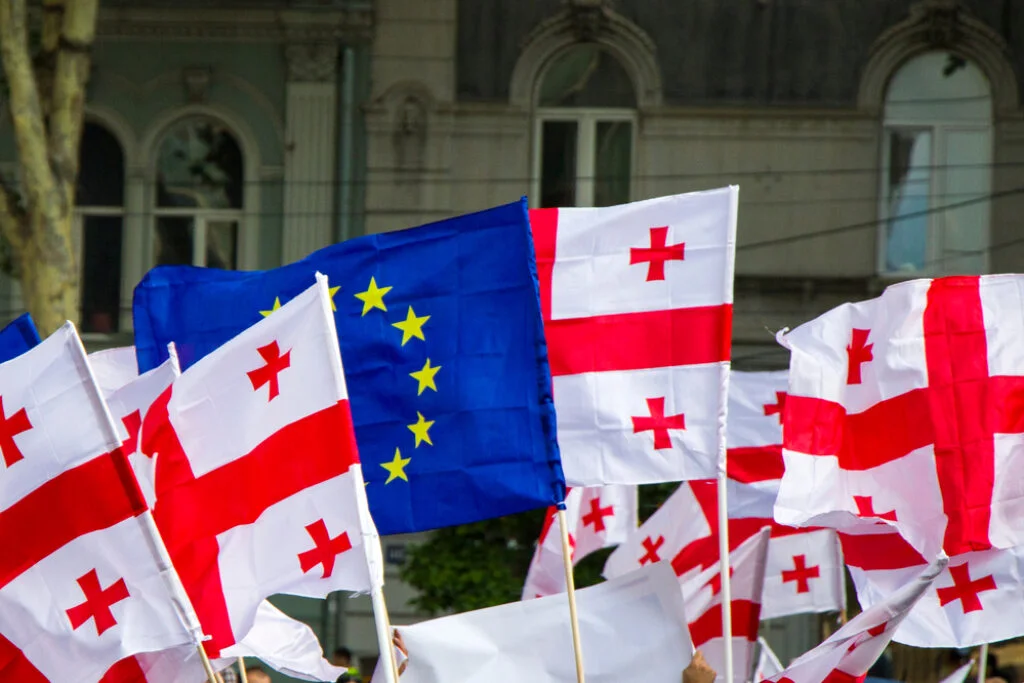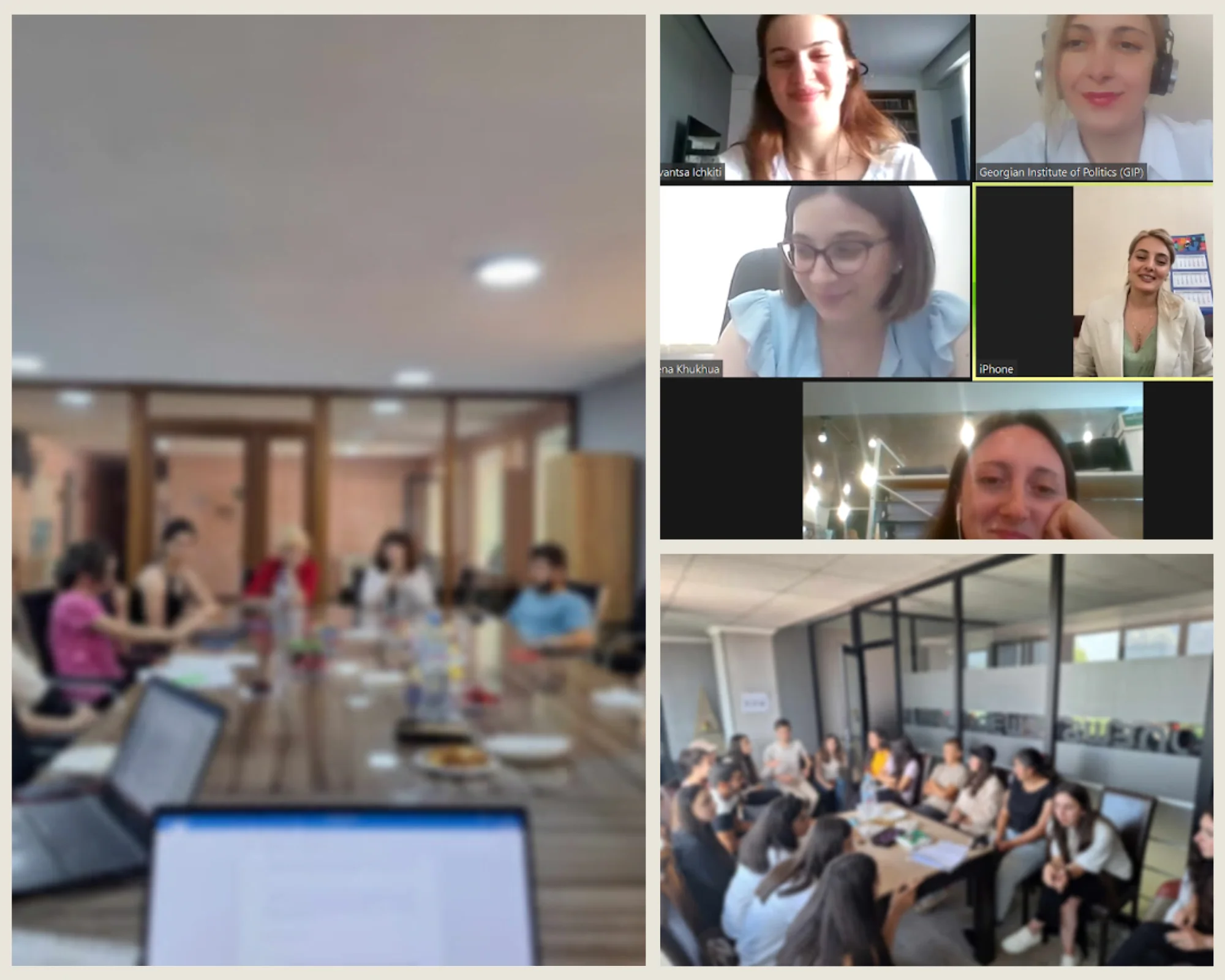2019-07-14 11:31:01
Informing the public about the European Union (EU) (its functions, goals, etc.) is a complex task. Given its scope, this task cannot be exclusive to government agencies. In its own efforts, the government of Georgia needs partners to disseminate information.
Civil society at large, including media organizations, is one key partner to engage in awareness-raising campaigns. However, in the Georgian context these campaigns have been considerably successful in mobilizing support for Georgia’s EU integration but not necessarily successful in informing the public on what this support should be based. This point is demonstrated in the analysis below.
This report focuses on one aspect of such information campaigns: local media outlets. The report is based on a quantitative survey of representatives of local media outlets conducted by the Georgian Institute of Politics (GIP) as well as in-depth interviews and discussions by the author with representatives of local media and civil society organizations (CSOs) located in Georgia’s regions. The report evaluates the challenges faced by such organizations in reporting on EU-related affairs. Special attention is paid to what extent these organizations’ cooperation with government agencies is effective for facilitating effective EU reporting by local media outlets.
Consequently, the analysis begins by evaluating public support for EU membership in Georgia, a complex issue that cannot be assessed through any single survey question. This is followed by a discussion on why and how Georgia’s regions matter to the public discourse on Europeanization and EU integration. Based on the data collected from conducted interviews[1], the next section outlines the challenges local media face while covering issues related to Georgia’s EU integration, followed by analysis of the strategic communication documents adopted by the government of Georgia. The next section explores the link between local media and central government agencies based on the interviews with media and government representatives. Finally, the report’s findings are summarized in the conclusion with an outlook on what can be done to strengthen the link between local media and government authorities in Georgia.
* Levan Kakhishvili is a Policy Analyst at Georgian Institute of Politics (GIP) and a Doctoral Fellow at Bamberg Graduate School of Social Sciences (BAGSS) at the University of Bamberg, Germany, funded by DAAD GSSP scholarship.
[1] The in-depth interviews with media representatives were conducted in the framework of the research Basilaia, E., F. Pazderski, P. Kuchyňková, and J. Cingel. 2019. “Informing the public about the EU: The media practitioners from Georgia, Poland, Slovakia and Czech Republic share experiences“, Report, Tbilisi: Georgian Institute of Politics. Available at: https://gip.ge/wp-content/uploads/2019/07/ReporEU-final%20paper.pdf


